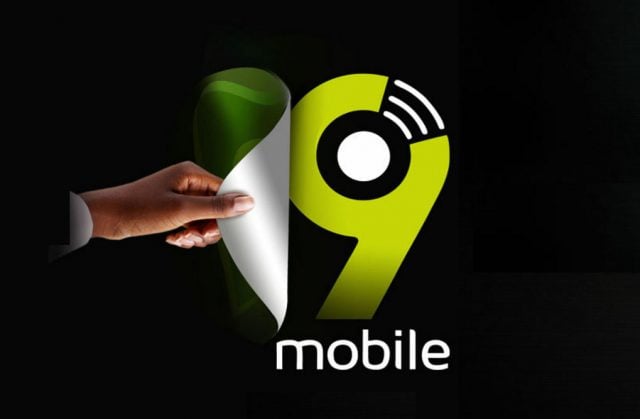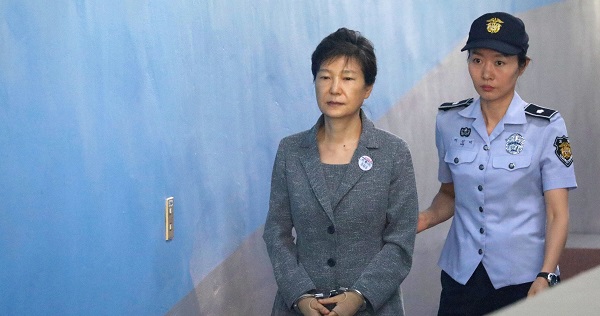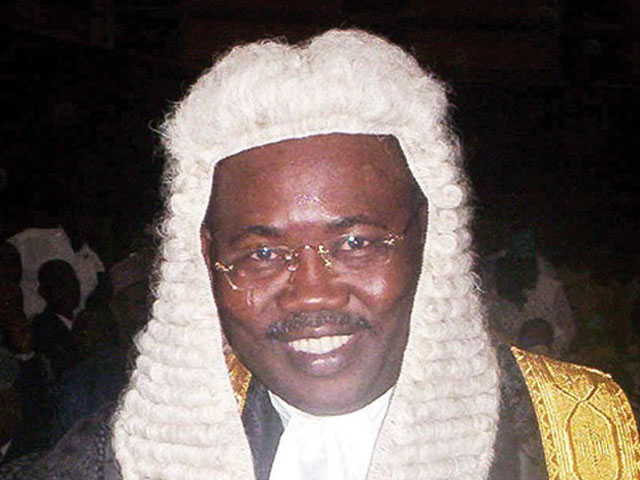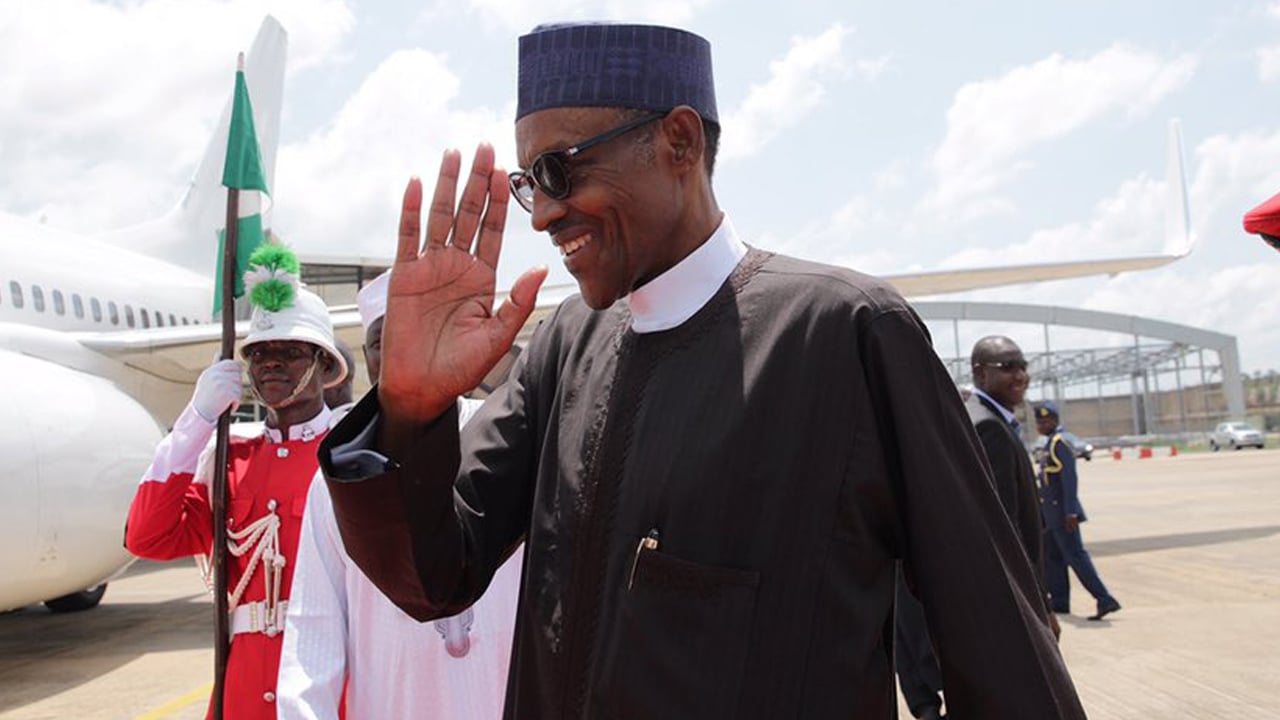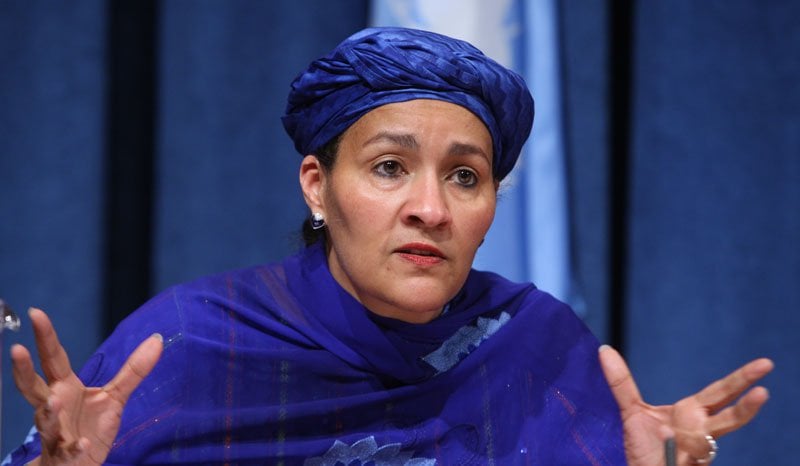BY TUNDE AROWOJOBE
The House of Representatives Committee on Communications held another of its marathon hearings on the “sale of 9Mobile” last week. . It is understandable that the Fijabi-led Committee is interested in what is going on at 9Mobile, but the troubling headlines on the Committee’s grandstanding and its “decision” to suspend the sale and/or “reverse the process” because of allegations of irregularities from some undisclosed quarters raises some very disturbing questions. Before we ask those questions, let us put the Etisalat/9Mobile issue in its proper perspective.
The company then known as Etisalat Nigeria borrowed over US$1.2billion from Nigerian banks over a number of years.
Let us keep in mind that the monies in question are not property of the Nigerian government; they were monies entrusted to the banks by ordinary Nigerians like you and I. Now, when Etisalat applied for the loans, they signed all sorts of guarantees, including papers transferring all the owners’ shares to the banks if the company defaults. It was a straight banker-customer relationship – after all, the banks had lent (our) money to other telcos and there were no issues. However, when time came for Etisalat to pay, the company and its shareholders demanded the proverbial “soft landing”. They demanded that the banks should forfeit some of the (our) money, that Etisalat should be given even more of (our) money and should be allowed even more generous payment terms(!). But the banks refused. Curiously, even Etisalat’s foreign shareholders refused to pump in more investments into the company (maybe the banks and the foreign shareholders could see from the books that the company was being badly managed!). Rather than invest more, the foreign shareholders abandoned the company and unceremoniously left Nigeria. As required by law and their Agreements, all of Etisalat’s shareholding (which had been pledged to the banks as security) were forfeited to the banks. Left with no choice, the banks exercised their right to take over the company’s ownership and recover their (our) money. But to the banks’ surprise, the NCC and the CBN stepped in and insisted that the banks could not take over or manage (i.e. liquidate) the company.
In strict legal terms, netheir the NCC not the CBN had any right to intervene in the ffirst palce. But with hindsight, their intervention was the most positive manoeuvre in this sad tale. From all indications, the NCC/CBN were clearly guidied by national interest and justified by the doctrine of necessity. Legal purists may vilify them for not allowing the creditors realise their security and recover their (our) money, but surely, history would be very kind to the NCC/CBN management for stepping in to prevent a potential failure that would have had catastrophic consequences on the national economy.
The NCC/CBN intervention resulted in stability for the company: its potential liquidation by the banks was staved off, a new interim Board of Directors was appointed, the company was renamed as 9Mobile (following an ultimatum by the former foreign shareholders and owners of the Etisalat brand), a reputable firm of investment advisers (Barclays Africa) was appointed to sell the forfeited shares to interested purchasers, and a prefreed bidder has paid a deposit of US$50million for the shares. Let us keep in mind that the shares being sold were forfeited to the banks when Etisalat defaulted in its loan payments. Let us also keep in mind that but for the NCC/CBN’s the banks would have exercised their legal rights to sell off or liquidate the company as they pleased.
With these facts in mind, let us pose our troubling questions for NASS and the other parties – our hope is that the big men at NASS will carefully weigh their actions and the consequences of their grandstanding before doing more damage than they already have.
Advertisement
Our questons:
• Regarding the “order” to suspend an almost concluded transaction: What is the legal and/or constitutional basis of the NASS’ “order” and indeed the entire “investigations” under which they pretended to issue the “order”? Are they aware (we have explained above if they were not) that this is an entirely private transaction in the normal course of rovate business – private lenders, priivate borrower, private security, etc? are they aware that no government money is involved? Do they know that only courts have constitutional powers to issue the kind of injunction they are purporting to issue?
• NASS’ intervention is purportedly based on compliants from disgruntled participants. Even if we assume theu have the legal power to intervene, this basis of intervention is rather disingenuous. Are they aware that it is “normal” that losing parties to sponsor all manner of diinformation to force a review? Are they aware that there were complaints (and een a court action) after NCC succesfuly conducted the globally acclaimed Digital Mobile License auctions of 2001? if the then NASS had seized on self-righteous compliants to torpedo the DML auctions the way NASS is trying to do now, where would nigeria’s telecoms industry be by now?
• Again, on the question of compliants – is the NASS surprised that there are complaints? Are theyr not aware that there are bound to be complaints in any transaction of this magnituse? Are theyr not aware atht there are judicial mecahnisms for resolving such complaints? In fact, are they aware that compiants over the sale of the company then known as Econet was only finally settled just a few months ago? Are they aware that even the sale of goverbnent-owned Nitel which was 100% controlled by Government was riddled with allegations of improprierty? Why have they not intervened in that transaction?
• NASS wants NCC and CBN to “suspend” an almost completed sale process – are they aware that if NCC/CBN withdraw their moderating hands, the banks will simply appoint a liquidator ot administrator? That the company will go bust? That over 4000 Nigerians will lose their jobs as NCC will simply have to hand over 9Mobile’s subscribers to other operators? Will this satisfy the egos gallivanting all over the NASS?
• Finally, the banks. is NASS not concerned that the banks – whose property is being sold – have been rather quiet? Is NASS aware that the banks (and the winning bidder for that matter) may just be playing a fools gambit, waiting the “all-powerful” NASS to truncate the process so that they can each sue the Nigerian government and recover billions for its illegal intervention in their private business? Where will this money come from?
Advertisement
• Meanwhile, as an aside – several government-sponsored projects in the telecoms industry lie comatose – examples include the opaque transfer of NITEL, the loss of Nigeria’s communications satellites in orbit, the Ministry of Communications’ rural telephony project, etc. etc. what has NASS done about these? Why is the 9Mobile issue such a national priority, even after CBN/NCC have stabilised the company?
In the final analysis, the grandstanding on 9Mobile reeks of personal interests masquerading as altruism – rather like some interests leaning on 9Mobile’s crumbling table for crumbs. The NCC and the CBN took a bold step to prevent 9Mobile from collapsing; they should firm up their institutional mettles and see this process through to its logical conclusion. Those using the NASS to push their selfish interests against the CBN and the NCC should be told that they are doing irreversible damage to the credibility of these institutions and our country’s already battered image. The NASS should face its constitutional role and let the judicial system take care of any “complaints” on the sale process. Enough of this macabre dance of ignorance and risk!
Views expressed by contributors are strictly personal and not of TheCable.
Add a comment
